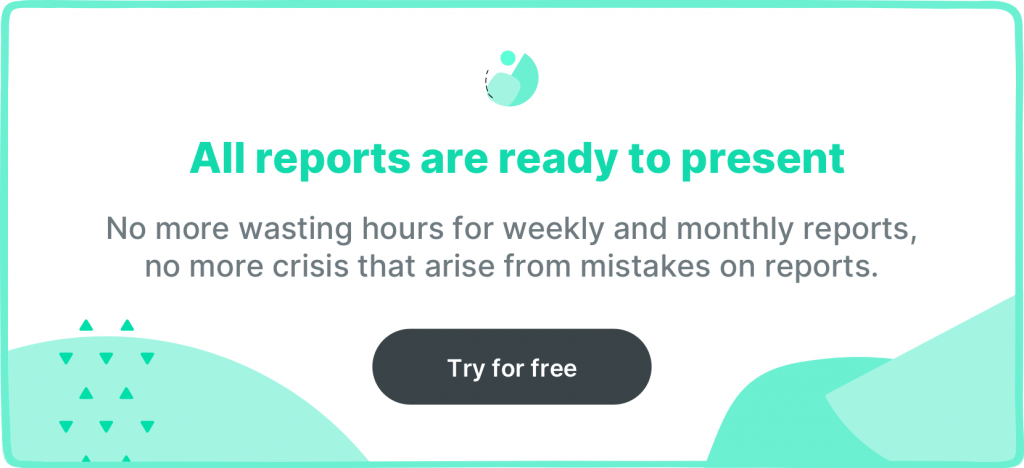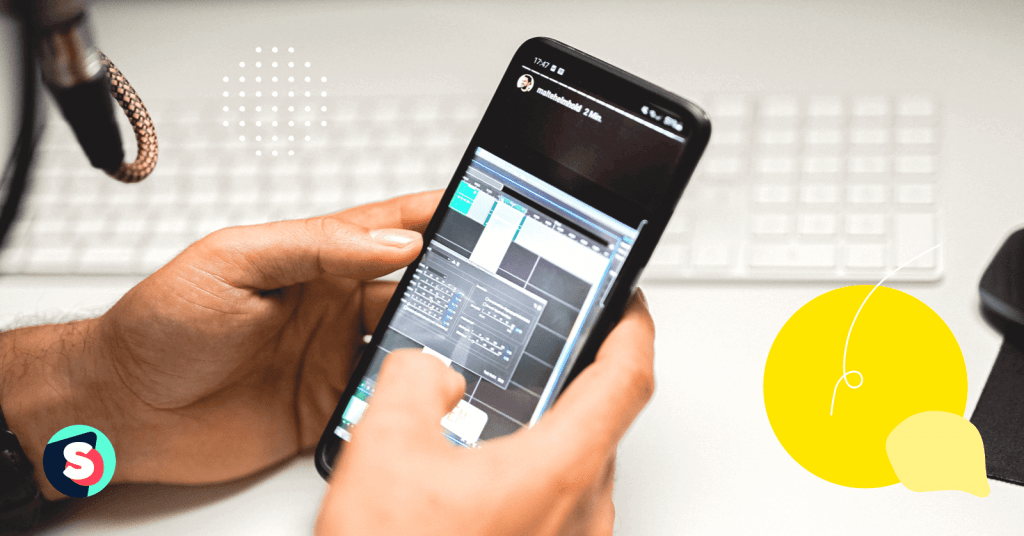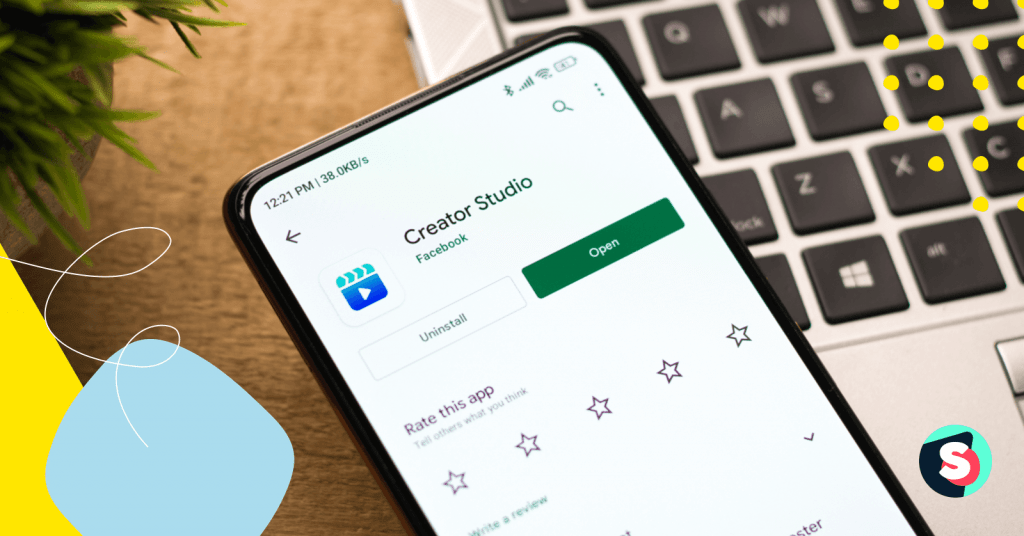Tracking the right social KPIs and analyzing performance is key to understanding whether your strategy is on the right track and whether your team can optimize the efforts.
Although everybody knows how crucial social media analytics is, the majority of businesses and social media marketers use inbuilt analytics tools. 7 out of 10 professionals struggle to define social KPIs and don’t know how to gather and interpret metrics.
This article will shed light on what KPIs you should focus on, how to interpret social media analytics results, and the best social media analytics software to use.
- The most commonly tracked social media KPIs
- How to interpret information from social media data analysis?
- How to use the data to boost your social media marketing.
- 5 Best Free and Paid Social Media Analytics Tools
- <a href=”https://sociality.io/”>Sociality.io</a>
- <a href=”https://analytics.google.com/” target=”_blank” rel=”noreferrer noopener nofollow”>Google Analytics </a>
- <a href=”https://mention.com/en/” target=”_blank” rel=”noreferrer noopener nofollow”>Mention</a>
- <a href=”https://trends.google.com/trends/?geo=NG” target=”_blank” rel=”noreferrer noopener nofollow”>Google Trends</a>
- <a href=”https://buzzsumo.com/” target=”_blank” rel=”noreferrer noopener nofollow”>Buzzsumo’s Facebook Beta</a>
The most commonly tracked social media KPIs
- Reach: reach indicates how far your brand has traveled, which shows how many consumers know your brand. You can calculate your reach with the number of your followers, impressions, etc., to estimate how many people have seen your brand.
Related article: Which is More Important: Reach vs. Impressions?
- Engagement: it shows the interaction you get on your social media updates. The likes, comments, etc., signifies that your audiences are interested in what you offer. Having millions of reach but low engagement means that your marketing campaign is not resonating with your audiences.
- Leads: this is about how many of your engaged followers want to buy your products. This is simply an issue of conversions; how many of your engagements are converting to sales.
- Customers: This is not just a one-time conversion but continued patronage from consumers. Customer is the end goal of reach/traffic, engagement, and lead.
🧁 Bonus: Most important social media KPIs that you should track
How to interpret information from social media data analysis?
People do a lot of things on social media. This means that there are tons of social media data available to you to be analyzed. The key is knowing the metrics that directly relate to your brand and focusing on them when tracking social media analytics. The numerous metrics that have no connection to your marketing strategy and goals are known as vanity metrics.
These metrics look amazing on paper but do not correlate with your marketing goals. For example, if your goal on social media is to increase traffic to your website, then your focus should be directed towards improving click-through rates (CTRs) instead of the number of likes.
The following are five steps for tracking social media analytics:
- Examine your social media analytics.
- Collect information about your audience/consumers/social media followers.
- Set expectations and goals so you can measure the appropriate metric that matches those goals.
- Analyze and manage your social data with the appropriate social media analytics tools.
- Improve your campaigns with the necessary tools.
How to use the data to boost your social media marketing.
As earlier stated, your chosen metrics depend on your goal for social media marketing. Here, we will list the metrics necessary for brand awareness and conversion.
1. Metrics for Brand Awareness
For brand awareness, you should be focused on your number of followers, engagement, and the number of brand mentions you get. Let’s break it down.
- Followers: your follower count shows how many people follow your brand account and stay in touch with your updates and posts.
- Impressions: This is the number of people/social media accounts that have seen your posts or profile.
- Engagement: This is the number of comments, likes, shares, retweets, etc., you get on your posts. This metric is directly related to your number of followers as it gives helpful insight into how many of them are actively keeping in touch with your brand.
- Mentions: This is the number of times your brand was mentioned in separate conversations on different platforms.
Since brand awareness is your goal, these metrics will give you a clear idea of which areas need improvement and what to focus on.
2. Metrics for Conversion
If your goal is to get more website visits, sales, etc., from your social media posts, you should focus on specific metrics like leads, revenue, customer lifetime value, etc.
- Leads: You can track your leads using conversion rates, sales revenue, etc.
- Revenue from sales: use Google Analytics or other social media metrics tools to check how many sales are generated from your social media clicks.
- Customer lifetime value: this tells you how much a customer has bought from you over a period. This is a function of customer loyalty, which you can trigger with customer loyalty programs.
You should note that conversion means different things to different brands. For example, if your company created a new app, your conversion would be tracked based on the number of app downloads gotten in proportion to the number of social media fans.
Social media marketing is not a static process. It is very fluid and impacts different brands in various ways. Knowing the metrics that directly appeal to your brand and how to track them is the key to a successful marketing strategy and a high ROI.
Learn more about how to collect meaningful data for a better ROI.
5 Best Free and Paid Social Media Analytics Tools
This is a list of the best social media analytics platforms and tools that offer advanced analytics solutions and will help you manage your social media marketing better and improve your ROI.
1. Sociality.io
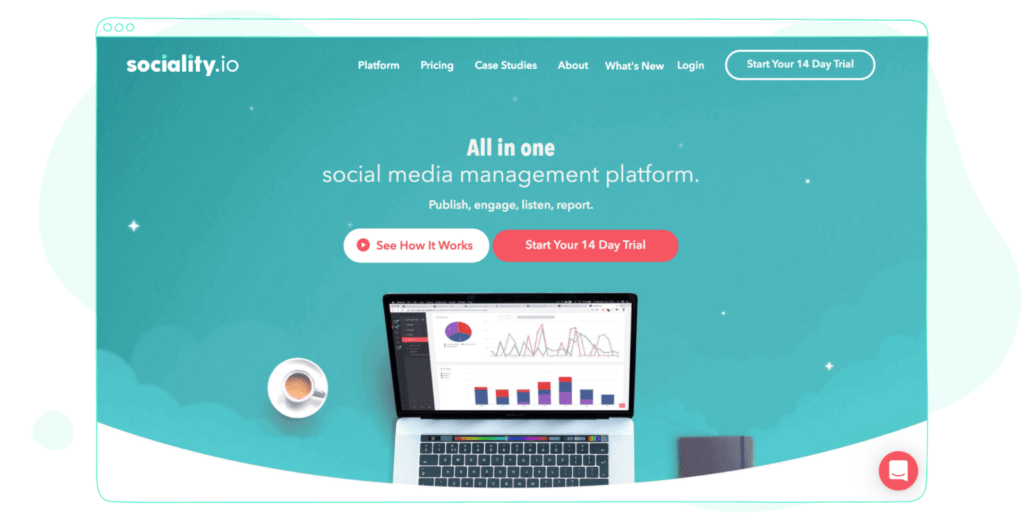
Sociality.io is an all-in-one social media management tool for social media marketing teams of all sizes.
It is not only one of the best social media scheduler tools, but we offer advanced and detailed social media reports for Instagram, LinkedIn, Facebook, Twitter, and Youtube.
Some Sociality.io Report features to enjoy (Note that advanced reports available to all pricing plans.) :
- Track social media competitors’ metrics.
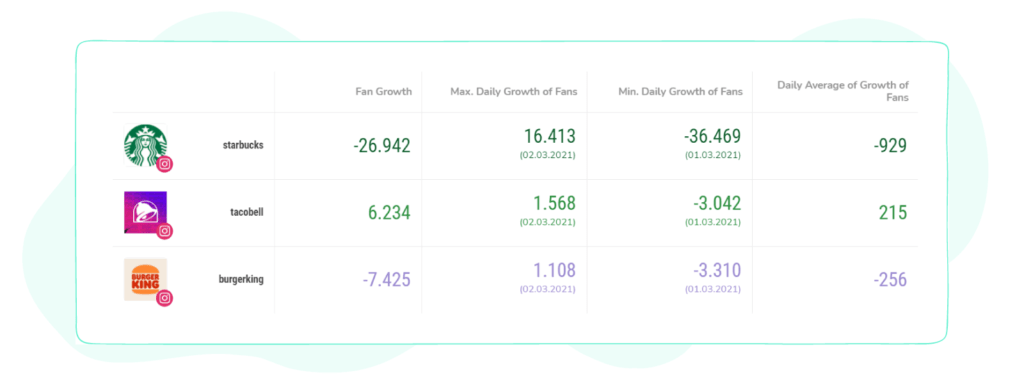
- Receive scheduled and unlimited reports in XLS, PPT, PDF format via email.
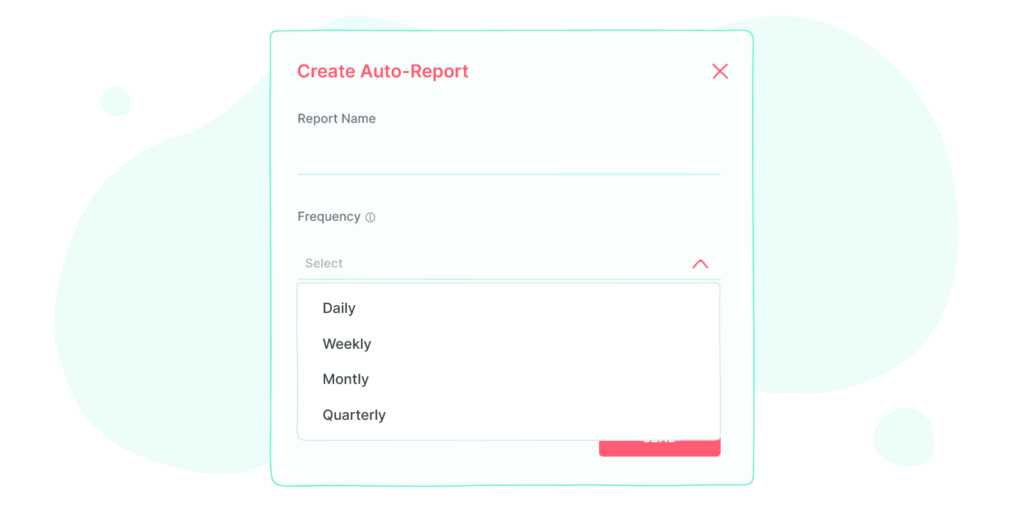
- Historical data on Instagram Stories and IGTV metrics.
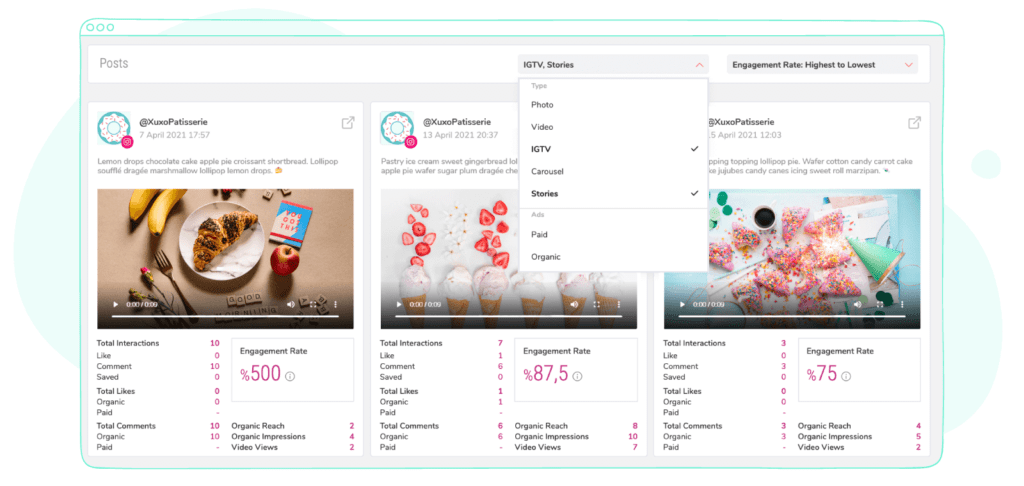
- All graphics are exportable in PNG, JPEG, SVG and PDF formats.

- All content can be sorted based on number of likes, comments, shares, engagement rates, and impressions.
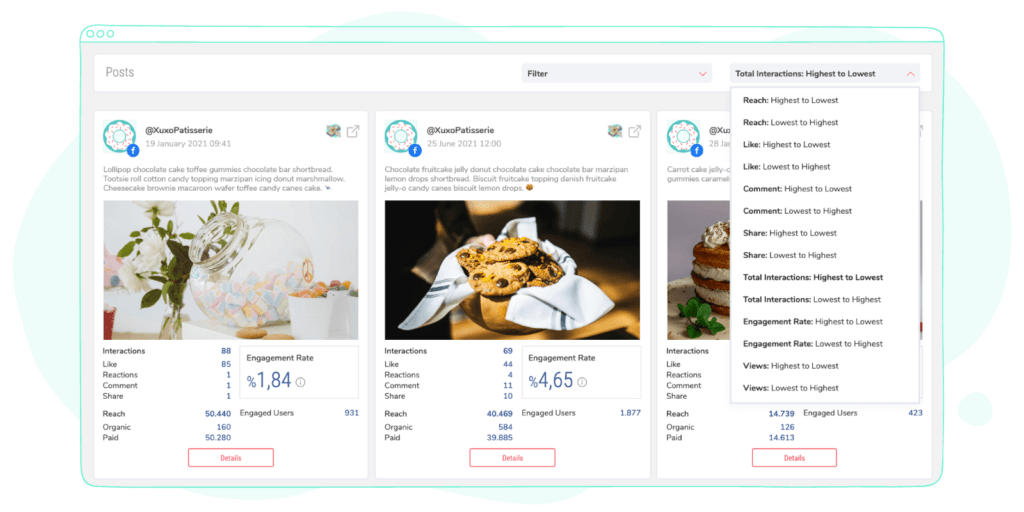
2. Google Analytics
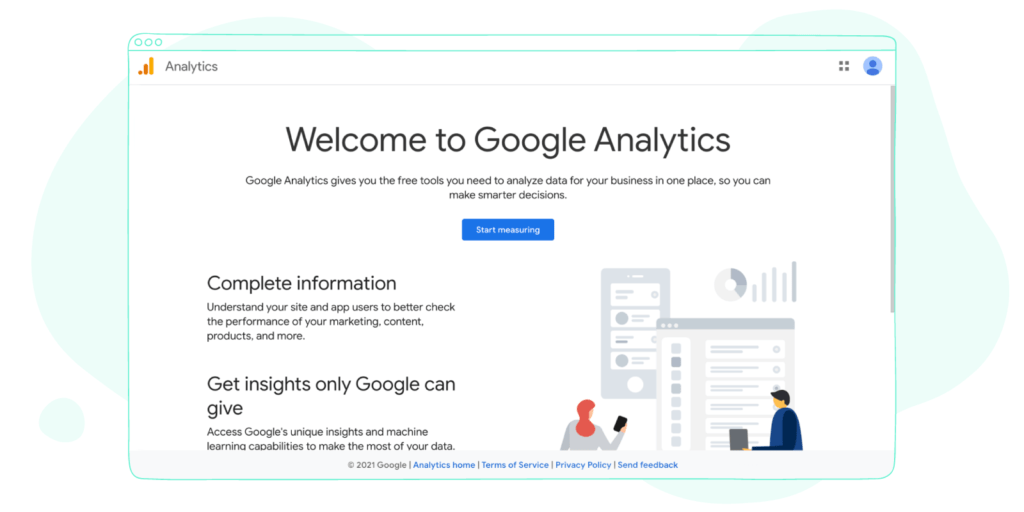
Although Google Analytics is not entirely a social media measurement tool, it is one of the most useful for tracking social media campaign results. Google Analytics is a significant tool for social media analytics as it can be used to track a series of KPIs such as bounce rate, goal conversion rates, and so on.
With Google Analytics, you can check which social media networks generate the highest traffic for your website and whether it leads to conversions.
Go to your dashboard > Click on “Acquisition” > Choose “Social”
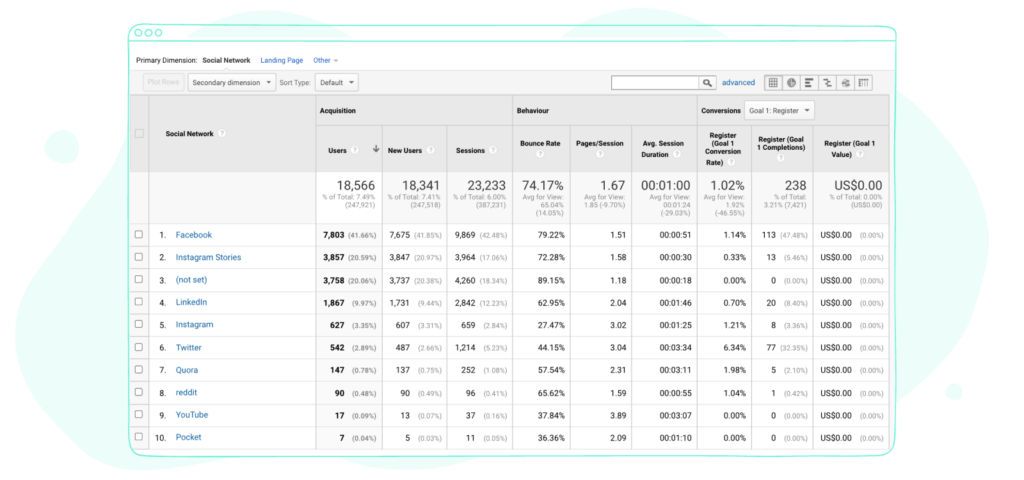
This information is vital, especially for brands that want to increase their awareness across different platforms.
3. Mention
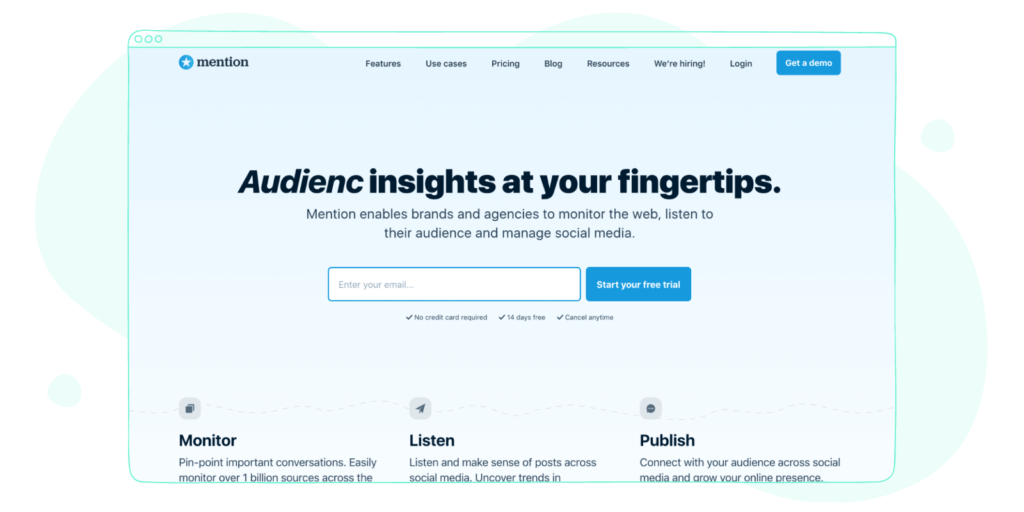
Mention is a great choice for brands that want to boost their conversions. You can improve your marketing strategies to boost your conversion rate when you know how your conversions are coming in.
Mention gives brands and agencies more control over social media, allowing them to monitor the media and listen to consumer insight on specific topics. This helps them build a strategy around this information. You can also track your competitions’ promoted posts with Mention, as this helps you stay ahead and give you the edge needed to grow your brand. Mention has a free account for new users, but access to more resources comes with a fee.
4. Google Trends
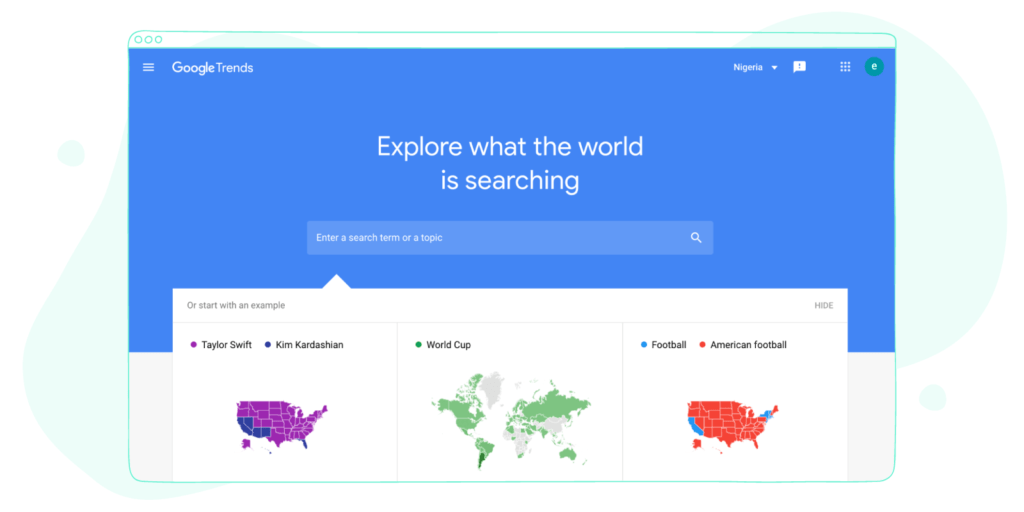
Google trends is a completely free keyword search tool that brands can use to track the awareness level that their social media marketing campaign has created for their business.
Google trends show how often a term has been searched on the internet. It doesn’t just stop at specifying how many times a term or keyword has been searched, and it also adds some information relating to the geographical, demography, etc. It allows brands to easily find an insight without carrying out their search.
5. Buzzsumo’s Facebook Beta
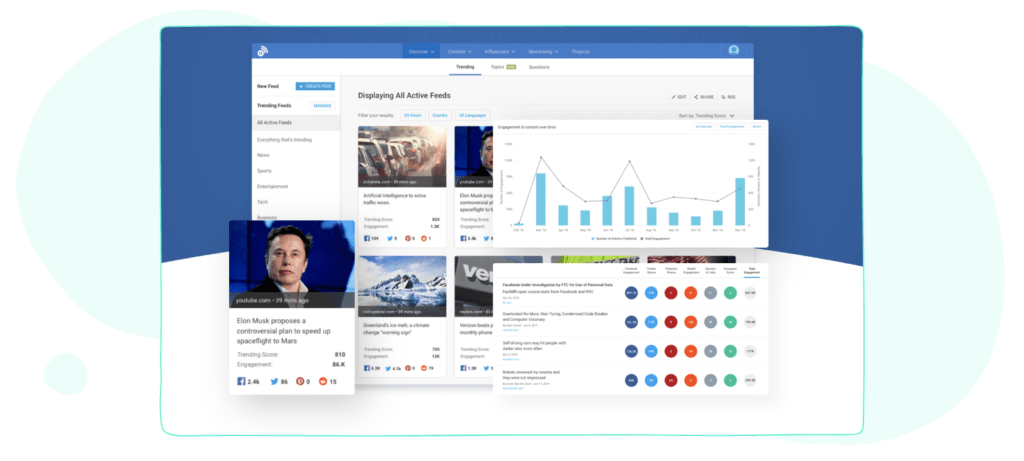
Although currently the product is in beta and will be available to Enterprise and Large plans, the solutions offer interesting insights into Facebook data.
It allows users to track progress over time, compare competitors’ Facebook pages, see breakdowns of likes, shares, and comments by post type, post length, and time published, and discover top-performing pages to benchmark performance.
Conclusion
All KPIs show the success of a brand’s social media marketing campaigns. By using social media analytics tools, brands can discover the performance of each of their marketing campaigns and see what needs improvement to ensure that they scale up on their ROI.
These KPIs are evaluated to give room for improvement of any of the brand’s marketing campaigns. There are several trusted and reliable social media analytics tools that brands can use to determine how each aspect of their social media marketing is fairing. Some of which have been stated in this article. Whether paid or free, there’s always going to be an analytics platform for you to improve your ROI.
